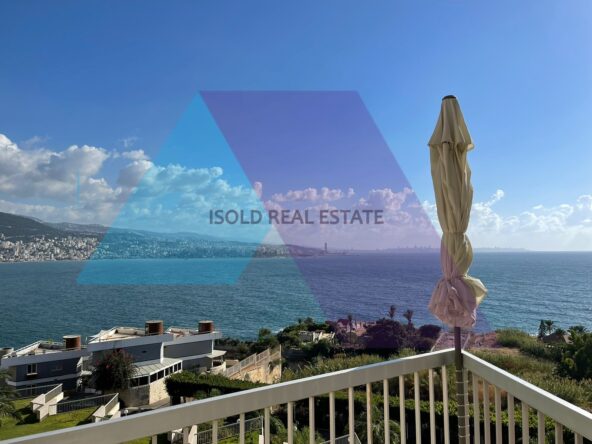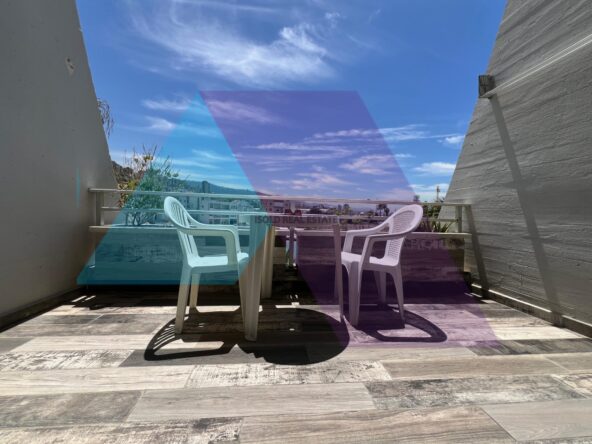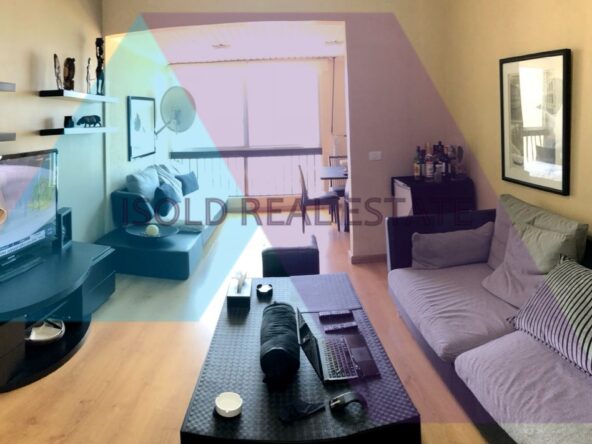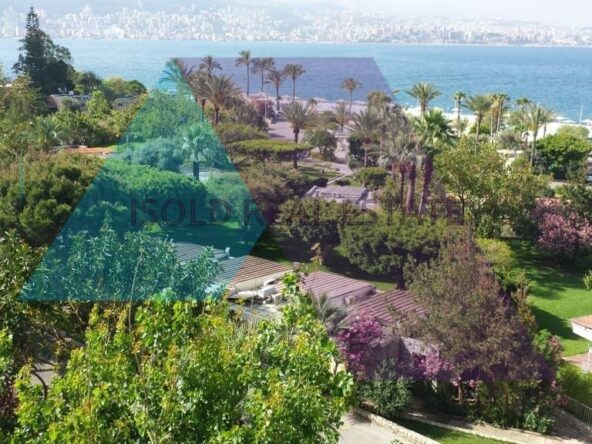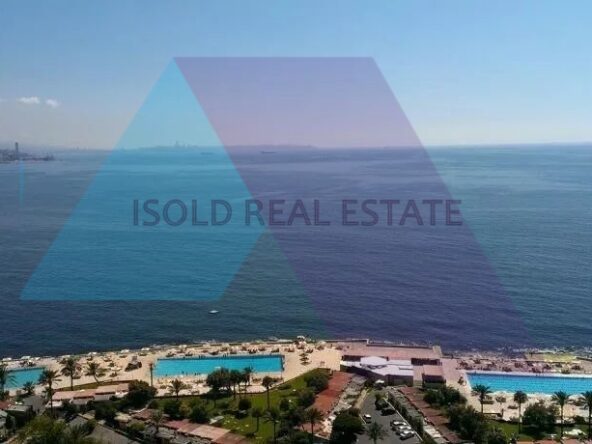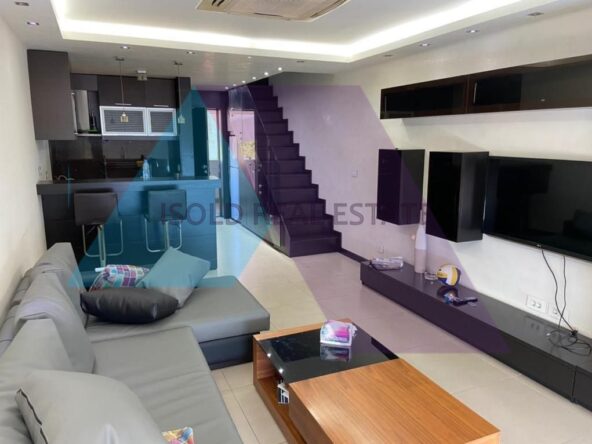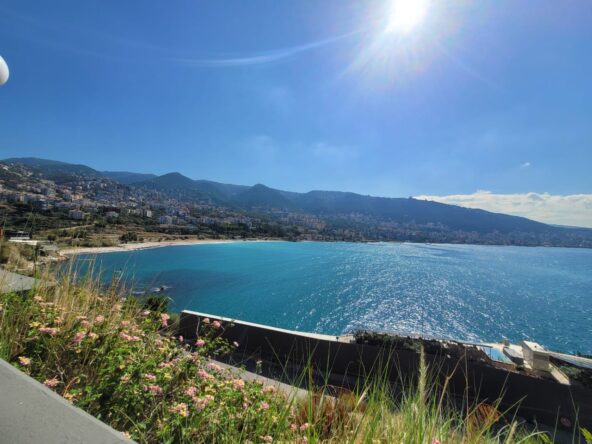Tabarja is a coastal town in Lebanon, situated in Kesrouan, 56 kilometers north of Beirut.
The town at one point also featured old salt evaporation ponds on its South-West coastline, but they have since been destroyed and replaced with modern construction or simply paved over. The town also features a very small undated mortar lighthouse, which is no longer in operation and has been welded shut. The lighthouse is thought to date back to at least the time in which ship-bound trading was common in the area, which ended around the early 20th century, and once operated via a kerosene torch. The lighthouse is built atop the relatively vast and unique rock formations that border most of the town’s coastline and is in desperate need of restoration.
Tabarja today, as mentioned above, is a popular summer resort town among Lebanese families and foreigners alike, Tabarja Beach in particular features a dramatic deep-water cove dominated by a 14th-century watch tower, though this is located on the outskirts of the town and not the bay itself. Whereas near the Tabarja Bay or Saint Paul’s Bay, King Bargis I, King Bargis II, Saint Paul’s Resort, Casa Del Mar, El Mina Restaurant and other long-existing establishment compliment the local flavour. El Mina restaurant in particular is noted for its high quality food and astounding beach-side location. Though various other establishments, long since closed, also line the coastline alongside other historic beachfront properties, giving Tabarja a notoriously sea-worn appearance that many find appealing. The bay itself is still, as it has been for millenia, used as a mooring area for both modern boats and traditional Lebanese wooden “Haskeh” boats, and rentals are available upon request from any of the local establishments. [2]
Tabarja is also unique in that it features the second eldest resort hotel (Superseded by St. Georges Resort of Beirut) from the Lebanese economic boom of the 20th century. The resort is known as King Bargis I, named in honour of King Bargis of local fame, and was built by a local historic figure, Nabih Azzi, who is responsible for connecting the town to the electric grid and investing generously into the town’s infrastructure and standards of living. The namesake of the hotel, King Bargis, is firmly based in local oral history, of which only a few elders maintain and is in danger of cultural loss.

